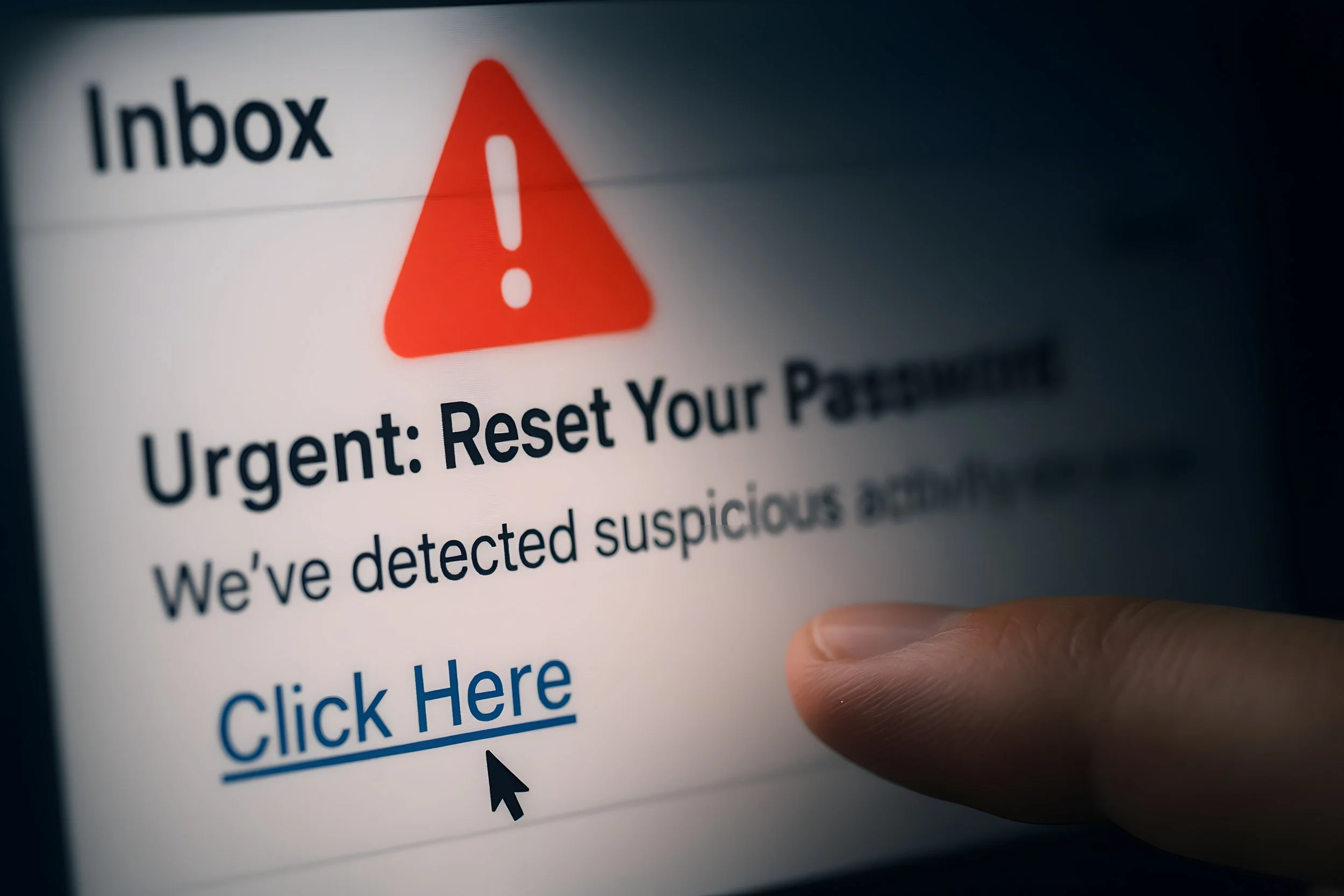Watch Out for Spam Links — They’re a Serious Threat
🔗🚫 Watch Out for Spam Links — They’re a Serious Threat
Scammers send emails and texts pretending to be banks, delivery companies, or government agencies, urging you to click a link to fix an issue or verify information. These links often lead to fake websites designed to steal your personal data or install malware. Legitimate organizations do not send unexpected links asking you to log in or provide sensitive information.
💸 Common Tactics Scammers Use:
Messages claiming your account is locked, compromised, or needs verification.
Fake package tracking alerts from USPS, UPS, or FedEx.
Emails or texts using official logos but linking to suspicious or unfamiliar URLs.
Links sent from random numbers, short codes, or unusual email addresses.
Urgent wording like “Click now” or “Update immediately” to create pressure.
🚨 Warning Signs:
The link is misspelled, strange, or doesn’t match the company’s official website.
You weren’t expecting the message or it comes from an unknown sender.
The message demands immediate action or threatens consequences.
The sender’s email address doesn’t match the company name.
The link leads to a page asking for logins, card numbers, or personal info.
🛡️ Protect Yourself:
Avoid clicking links in unexpected texts or emails — go to the website directly.
Verify alerts by calling the company using the number on their official website.
Hover over or press-and-hold a link to preview the URL before opening it.
Keep your phone and computer security software updated.
Turn on two-factor authentication for important accounts.
🧰 Helpful Resources:
📍 If You Clicked a Scam Link:
Close the website immediately without entering any information.
Run a security or antivirus scan on your device.
Change your online banking passwords and any reused passwords.
Monitor your accounts for unusual activity.
Call your bank right away if you entered any personal or financial info.


